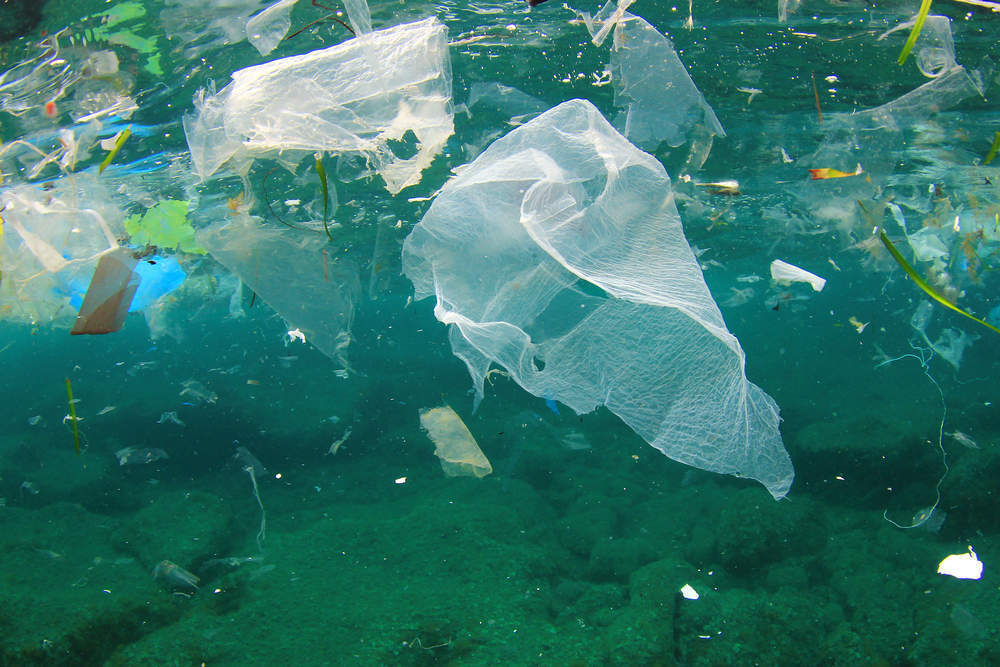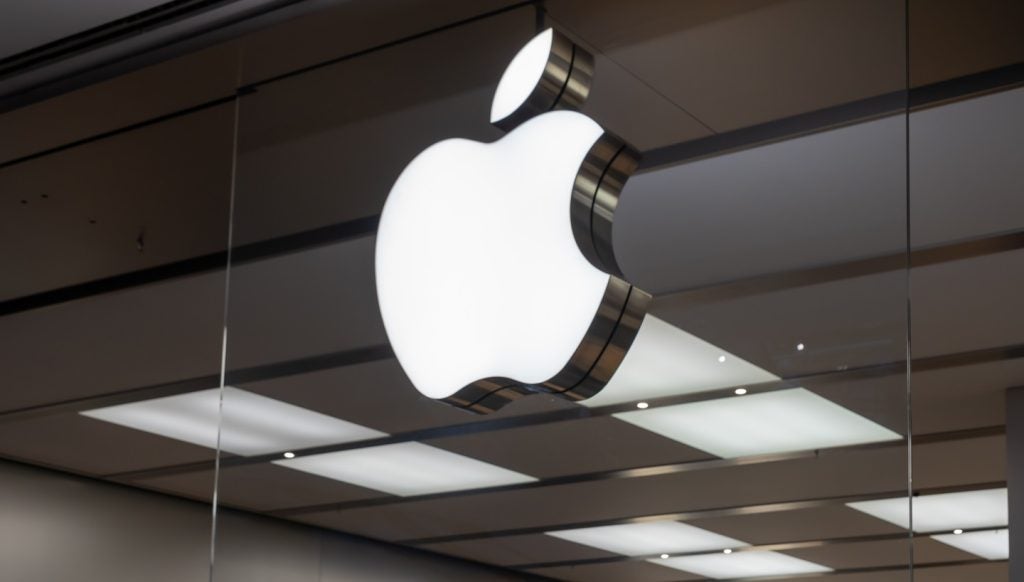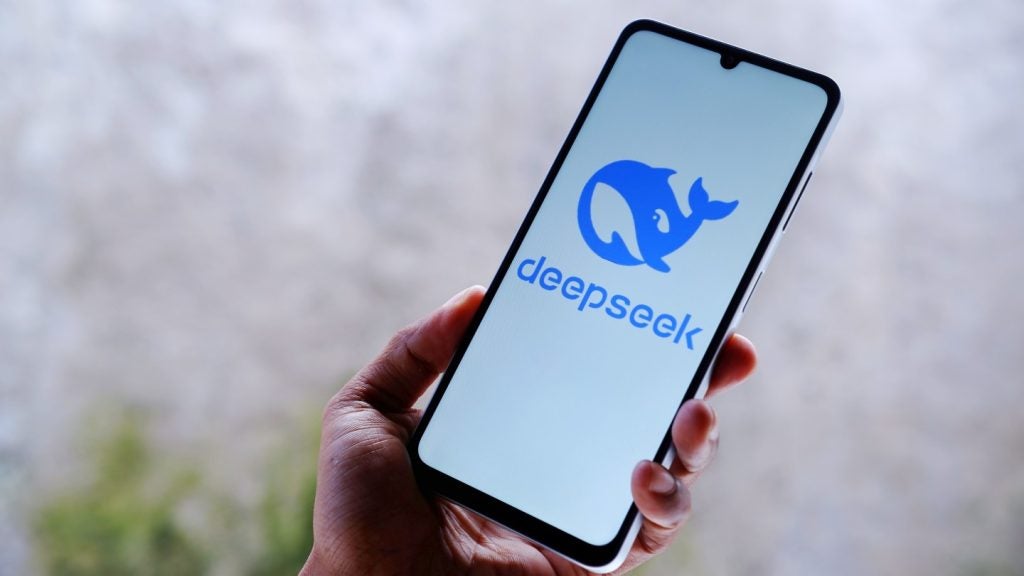
The Queen has declared plastic straws and bottles will be banned from the Royal Estates.
Straws will be phased out of public cafes at Royal Residences and immediately banned in staff rooms.
Only china plates, glasses and recyclable paper cups can be used for internal catering across Palaces.
Takeaway food items must be packaged in compostable or biodegradable containers.
The move is believed to be connected to the Queen becoming personally concerned by the problem of plastic waste after working on a documentary with David Attenborough that focuses on Elizabeth II’s Commonwealth Canopy project.
What was said:
A Buckingham Palace spokesman said:
Across the organisation, the Royal Household is committed to reducing its environmental impact. As part of that, we have taken a number of practical steps to cut back on the use of plastics. At all levels, there’s a strong desire to tackle this issue.
The spokesperson added there was a “strong desire to tackle the issue” at the highest level of the Royal Household.
Julian Kirby, campaigner at Friends of the Earth, told The Telegraph:
Blue Planet’s reach now extends to the Royal households which shows how much momentum is building behind the war on plastic pollution. From small-holdings to Sandringham, everyone is sick of this problem and wants it fixed.
Ultimate responsibility remains with manufacturers and government to stop this senseless harm to our environment, with its resultant devastation to wildlife.
What it means:
Britons use 275,000 tons of plastic, which includes 7.7bn single-use plastic bottles, annually. Less than half of the single-use plastic bottles used in the UK are recycled meaning approximately 16m are binned daily.
The use of plastic in Western Europe has increased by four percent per year.
Globally 300m tons of plastic are produced annually, 8m tons of which end up in the seas and oceans very year. It is estimated that humans across the world buy 1m plastic bottles a minute.
A study produced by the Ellen McArthur Foundation for the 2016 World Economic Forum said:
Without significant action, there may be more plastic than fish in the ocean, by weight, by 2050. Even by 2025, the ratio of plastic to fish in the ocean is expected to be one to three, as plastic stocks in the ocean are forecast to grow to 250 million tonnes in 2025.
It found billions of dollars damage to marine ecosystems every year.
It’s time to rethink plastics https://t.co/79QekYO4dj #wef pic.twitter.com/YiDMGSQ26y
— World Economic Forum (@wef) January 19, 2016
Scientific studies and campaigns have helped spread awareness about the damage that plastics cause to our planet, and especially our oceans.
The British government has taken some steps in recent years to legislate to reduce plastic waste.
In 2016, a 5p charge on plastic bags was introduced in England for shops with at least 250 employees. This followed action in Wales, Northern Ireland and Scotland in 2011, 2013 and 2014 respectively.
A ban on the manufacture of products containing microbeads was introduced in January 2018.
David Attenborough’s Blue Planet II, which was aired at the end of 2017, discussed how plastic negatively affects sea creatures throughout the series.
As well as dedicating a whole episode to show how micro-plastics could increase the amount of industrial pollution in the earth’s seas.
Blue Planet II was 2017’s most watched British TV show with some 14m people watching the first episode and 11m watching the second.
This is an average of 3m more per week than watched Strictly Come Dancing, which has historically won the top spot. Blue Planet II has also been sold to over 30 countries.
Increased public awareness and subsequent desire and pressure to be more environmentally friendly has encouraged many large companies to ban the use of some plastic items in their stores and shops.
Drinks giant Pernod Ricard has said it will ban the use of non-biodegradable plastic straws and stirrers across its entire global business by asking its affiliated brands to ban the use of these products at their company events.
Ryanair pledged to stop using non-recyclable plastics on its aircrafts and on-ground offices by 2023. It intends to switch to biodegradable coffee cups, wooden cutlery and paper packaging.
Iceland Foods was the first major retailer in the world to commit itself to the elimination of plastic from all of its own-brand products by 2030. Central to this commitment is to introduce ranges contained in plastic-free, paper-based packaging.
As well as being a symbolic move to encourage others to follow suit, the Royal Household joining the war on plastics will concretely help to reduce the UK’s plastic waste.
The Queen’s Royal Estates employ many people in the UK and around the world.
In 2012-3, the Royal Household employed 436 staff. They also attract large numbers of visitors every year. According to Statistica, 2.7m people visited one of the Royal Estates in the fiscal year of 2016-7.







